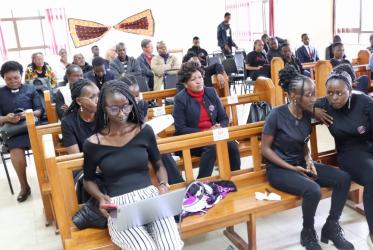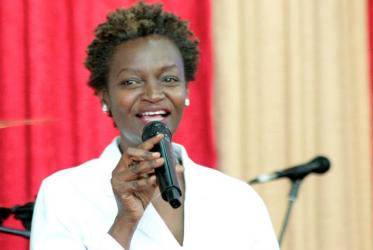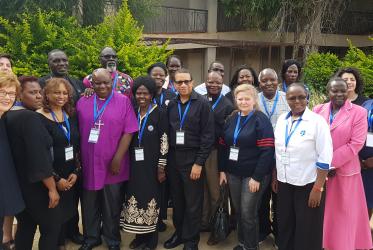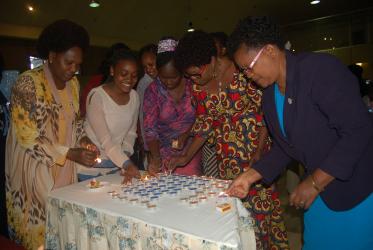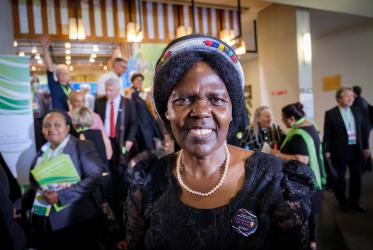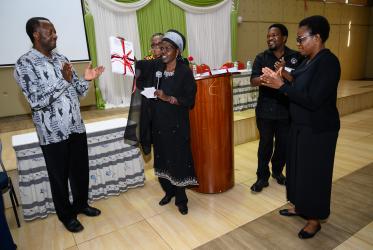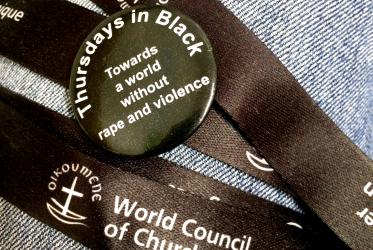Displaying 1 - 20 of 23
06 February 2024
Listening together to the pain of violent spaces
28 February 2020
Kenya schools invest in young people to end new HIV infections
18 September 2019
Dr Agnes Abuom: “Enough is enough”
05 September 2019
Kenya: Voice of faith communities crucial in overcoming HIV
14 October 2016
Placing family in the HIV response vanguard
10 December 2015
WCC group evaluates ecumenical HIV and AIDS response
29 June 2015


